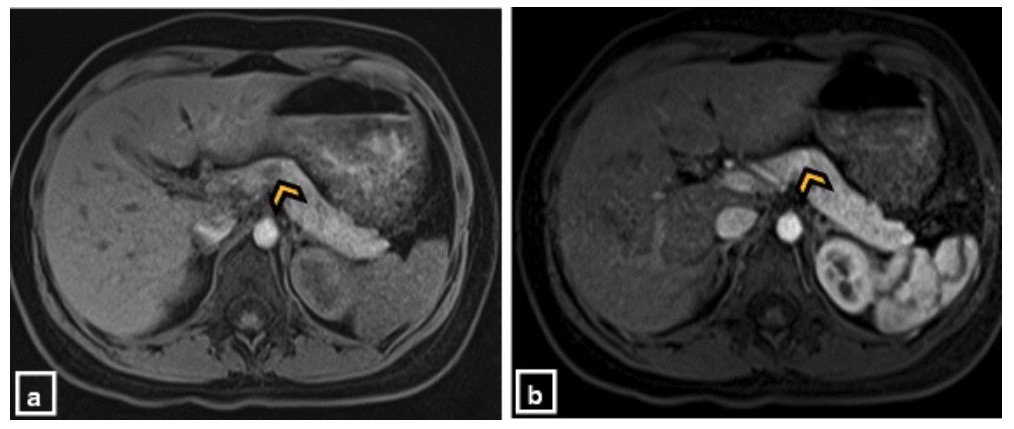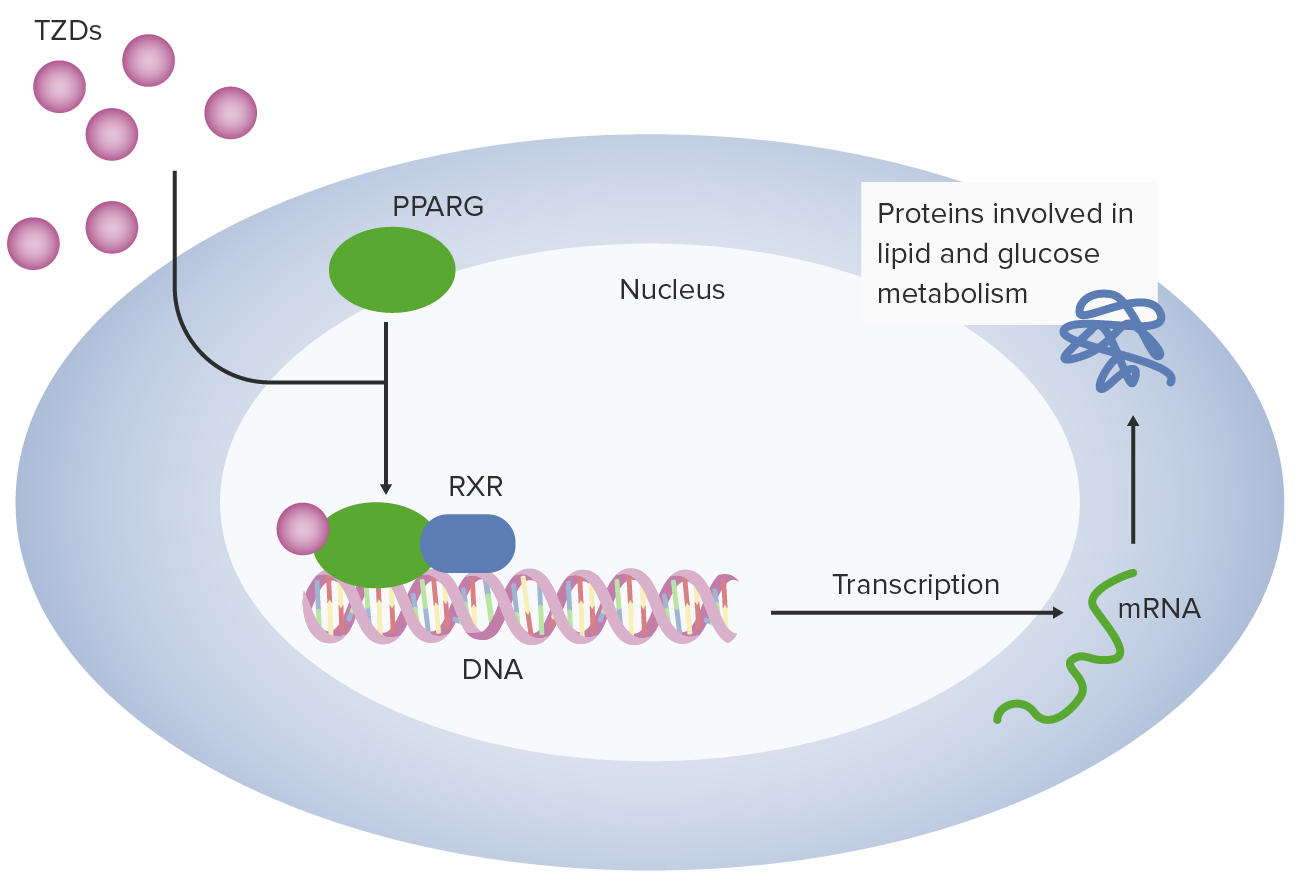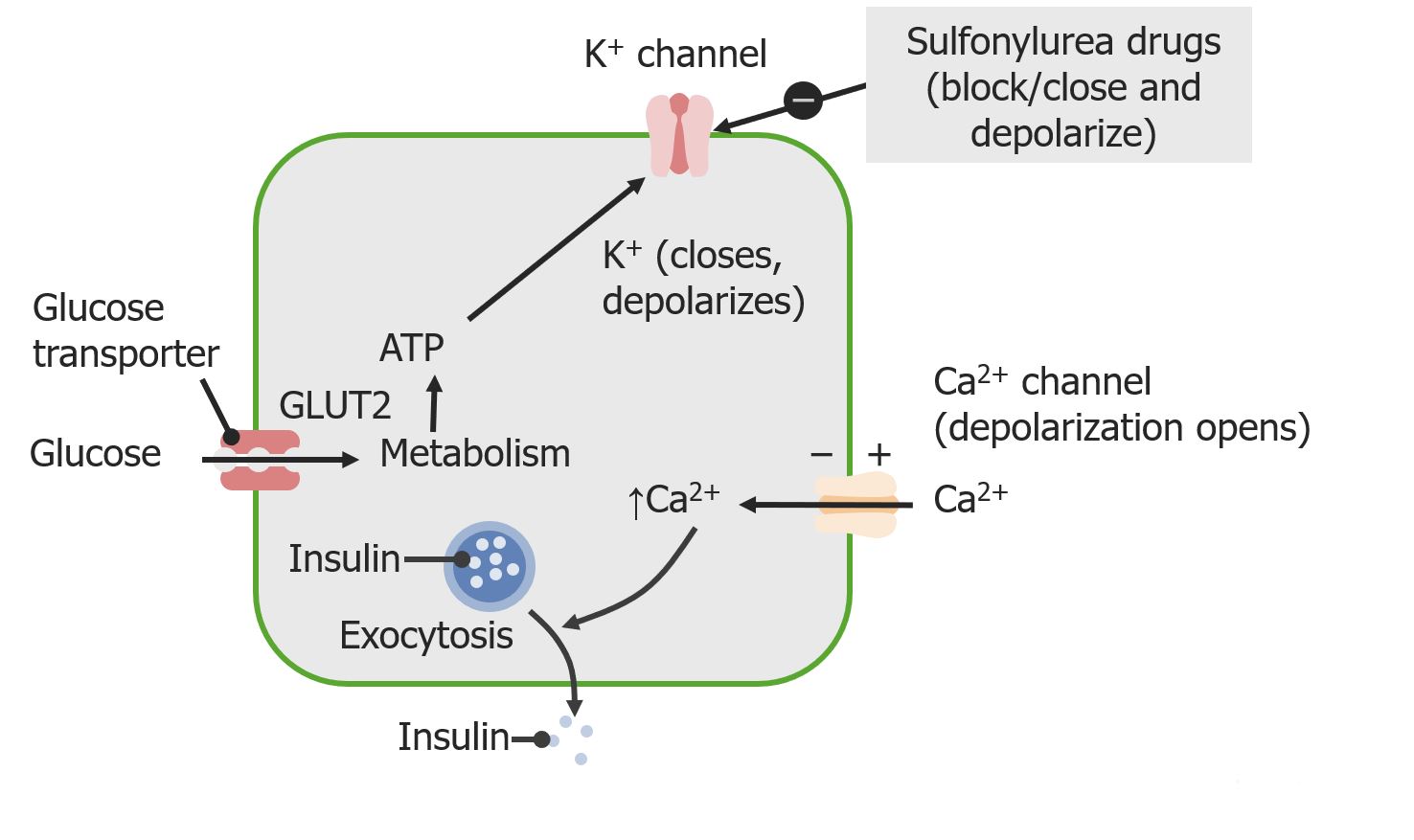Playlist
Show Playlist
Hide Playlist
Treatment of Insulin Overdose – Treatment of Diabetes Mellitus
-
Slides HyperglycemiaDiabetesMellitus EndocrinePathology.pdf
-
Download Lecture Overview
00:00 What may then happen if there is insulin overdose? Obviously hypoglycemia, that will be sympathetic systems, tachy, sweating and nausea. 00:09 The severe overdose may result in massive issues such as convulsions, you are going to have hypomagnesemia, maybe tremors and seizures and hypokalemia therefore resulting in heart issues, cardiac arrest, confusion, bizarre behavior, unconsciousness. 00:26 The laboratory studies during hypoglycemia are the following. 00:31 On this table, we will take a look at 3 different conditions. 00:35 Insulinoma will be our first set of conditions and with this laboratory wise, what we are paying attention to is what is my serum insulin level, what is my serum C peptide level and, well, if at all you were going to find any sulfonylurea, where would you find it, urine or serum? It depends. 00:57 Our first condition Insulinoma, when would you even see this? Maybe perhaps MEN 1, Insulinoma is a beta islet cell tumor, it is a benign tumor mostly, mostly, one of the rare benign tumors. 01:09 All the other islet cell tumors tend to be malignant. 01:13 You can expect there to be lots of insulin and because you are producing this endogenously, you will also find there to be increase in C peptide. 01:20 So, you have increased insulin, increase in C peptide, but obviously it is nothing to do with sulfonylurea, thus it will be negative. 01:29 Factitious means exogenous or iatrogenic. 01:33 Here, you are injecting the patient with tons of insulin or the patient itself or himself or herself is taking quite a bit of insulin for whatever reason. 01:43 If you are taking insulin from exogenous administration, you will find increase in insulin, but you do not inject C peptide. 01:50 Thus, you find this to be low. 01:52 You are injecting insulin, so why in the world would you find sulfonylurea in your serum or in your urine? You don’t, it will be negative. 02:00 What is my topic? Hypoglycemia being caused by 3 different conditions and how you would confirm the hypoglycemia based on these labs. 02:12 Sulfonylurea overdose causes hypoglycemia. 02:17 If you remember sulfonylurea, it blocks the potassium channel in your beta islet cell. 02:22 If you remember the concept of release… concept of release of insulin with glucose coming into beta islet cell, go through glycolysis, ATP bonding to your potassium channel blocking it, that’s what sulfonylurea functions. 02:36 It blocks the potassium channel so that you create an actual potential which then causes the voltage gated calcium to then open, calcium allows fusion of the vesicle and you release insulin and if done so excessively may result in hypoglycemia. 02:55 So, inappropriately high levels of insulin because the insulin is coming from beta islet cell endogenously, you find inappropriately high levels of C peptide. 03:05 So, so far, it kind of looks like Insulinoma. 03:09 However because this hypoglycemia is being caused by sulfonylurea, it will be positive in the urine and in the serum. 03:17 Important table, 3 different conditions that causes hypoglycemia and how you can distinguish one from the other through proper clinical laboratory studies. 03:28 Insulin overdose - if too much insulin is given, for example, do you remember that patient that we walked through with diabetic ketoacidosis, type 1 more so? Incredibly high levels of glucose, lots of poly urea and so, therefore, dehydration. 03:46 You are giving IV fluids along with that insulin as well and my goodness gracious, the glucose starts dropping. 03:53 So, therefore, now, IV dextrose along with intermuscular glucagon. 04:01 Remember glucagon works through your GS protein, adenyl cyclase and do not forget the second messenger system so that if any point of time, you are given a biochemistry question in which you inhibit that phosphodiesterase then obviously increase your levels of Cyclic A:MP and could actually facilitate the activity of glucagon. 04:21 Do not forget that. 04:23 Magnesium, potassium replacement is absolutely important. 04:25 Without that magnesium, your patient is at risk for seizures and also Long QT syndrome. 04:34 Potassium replacement, once again, remember that with excess insulin, which is my topic, may result in hypokalemia which then causes hyperpolarization of your resting membrane potential therefore predisposes you to what we talked about Long QT syndrome… oral agents for diabetes mellitus.
About the Lecture
The lecture Treatment of Insulin Overdose – Treatment of Diabetes Mellitus by Carlo Raj, MD is from the course Pancreatic Disease and Diabetes.
Included Quiz Questions
What would NOT be expected in severe insulin overdose?
- Metabolic ketoacidosis
- Convulsions
- Coma
- Cardiac arrest
- Altered mental status
Which lab result would suggest the presence of an insulinoma?
- High serum insulin, high serum C-peptide, absence of sulfonylurea in serum or urine
- High serum insulin, low serum C-peptide, presence of sulfonylurea in serum or urine
- High serum insulin, low serum C-peptide, absence of sulfonylurea in serum or urine
- High serum insulin, high serum C-peptide, presence of sulfonylurea in serum or urine
- Low serum insulin, high serum C-peptide, absence of sulfonylurea in serum or urine
What is not involved in the treatment of an insulin overdose?
- Sodium
- IV dextrose
- IM glucagon
- Magnesium
- Potassium
Customer reviews
5,0 of 5 stars
| 5 Stars |
|
5 |
| 4 Stars |
|
0 |
| 3 Stars |
|
0 |
| 2 Stars |
|
0 |
| 1 Star |
|
0 |






